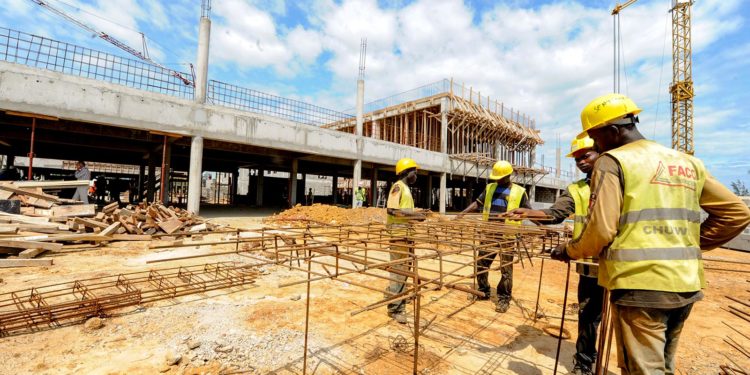According to a recent report by the World Bank, Africa’s annual infrastructure needs amount to an estimated USD 93.0 billion (KES 14.2 trillion), constituting 15.0% of the continent’s Gross Domestic Product (GDP). However, the report indicates that actual investments in infrastructure currently stand at USD 45.0 billion (KES 6.9 trillion), with more than half of this funding coming from the public sector.
This underscores a substantial funding gap for infrastructure projects on the continent, totaling USD 48.0 billion, resulting in a 51.6% financing deficit. The report also emphasizes the potential of Public-Private Partnerships (PPPs) to address these funding gaps, suggesting they could mitigate deficits by up to 40.0%.
A PPP, denoting agreements between the public and private sectors to design, plan, finance, construct, and/or operate projects traditionally within the public sector’s domain, has gained global popularity in response to increasing demands for quality and affordable services. The structured financing method of PPPs is seen as essential to address these needs, recognizing that the public sector alone cannot fully meet them.
The World Bank statistics highlight the critical role of PPPs in closing Africa’s infrastructure funding gap. Speaking at the African Economic Conference in Addis Ababa, Ethiopia, Robert Lisinge, Acting Director of the Private Sector Development and Finance Division at the UN Economic Commission for Africa (ECA), emphasized the necessity for African governments and the private sector to collaborate in creating effective PPPs and overcoming existing gaps. He noted, “Financing Africa’s infrastructure is still a big challenge faced by many countries on the continent. To bridge the infrastructure gap, public-private partnerships are essential for infrastructure development in Africa.”
While PPPs are gaining popularity across Africa, the volume of PPPs in Kenya and the continent as a whole remains lower than in other developing regions worldwide. Several factors contribute to this, including a shortage of experts familiar with PPP frameworks, lack of clear guidelines on policy implementation, and difficulties operationalizing PPPs due to sector-specific legislation.
In addition, unfair market preferences and political interference pose obstacles to PPP growth in Africa. Private sector players have faced instances of being shortchanged by local government entities, particularly in the energy sector, where a preference for thermal and hydropower over independent green power producers creates uncertainty for investors. Many African governments lack a coherent vision for infrastructure development, making it crucial to focus on smaller, environmentally and technologically savvy projects with effective government support.
Lastly, a significant number of private sector entities lack trust in PPP frameworks established by African governments compared to counterparts in other developing regions globally. To instill confidence, governments must adopt decisive measures, demonstrating preparedness and competence, assuring investors of continuous and active involvement throughout the entire PPP lifespan, regardless of shifts in the political or economic landscape.
Addressing these challenges diligently positions PPPs as the most promising pathway to bridge Africa’s substantial infrastructure funding deficit, expediting the delivery of essential services that could significantly improve the quality of life for the people of Africa.
















